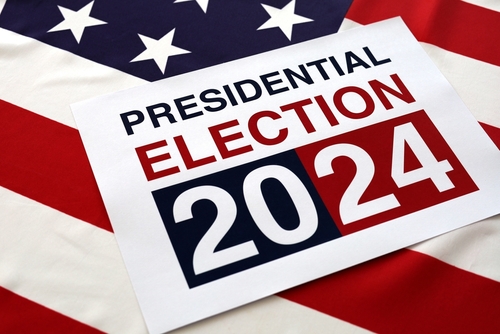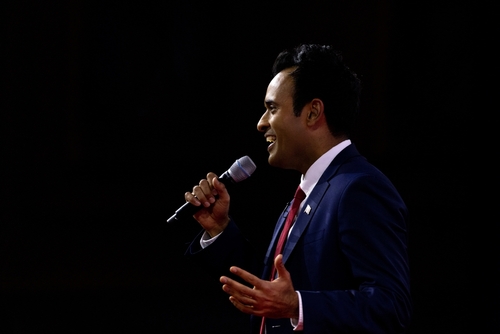
Walz SLAMS Trump – See For Yourself!
Minnesota Governor Tim Walz blasted former President Trump’s immigration policies while his own leadership during the 2020 Minneapolis riots comes under fresh scrutiny.
At a Glance
- Governor Walz criticized Trump’s immigration enforcement in his state of the state address, citing “chaos” and deportations without due process
- Walz referenced the case of Kilmar Abrego Garcia, a suspected MS-13 member mistakenly deported to El Salvador
- The White House quickly responded by highlighting Walz’s handling of the 2020 George Floyd riots in Minneapolis
- Walz also condemned federal detentions of international students involved in anti-Israel protests
Governor Walz’s Immigration Critiques
Minnesota Governor Tim Walz took aim at former President Trump’s immigration policies during his recent state of the state address, framing them as creating unnecessary chaos and violating American values. The Democratic governor specifically highlighted deportations to El Salvador and visa revocations for foreign students participating in anti-Israel demonstrations. His remarks come as Republicans have increased scrutiny of Walz’s record following speculation about his potential selection as a vice-presidential candidate for the Democratic ticket.
In his address, Walz specifically referenced the case of Kilmar Abrego Garcia, an illegal immigrant and suspected MS-13 gang member, who was allegedly mistakenly deported to El Salvador. The governor condemned what he described as a lack of due process in immigration enforcement actions under the previous administration. His remarks reflect ongoing national debates over the balance between immigration enforcement and legal protections for those facing deportation.
White House Response
The White House response to Walz’s criticisms was swift and pointed. Trump administration officials highlighted the 2020 unrest in Minneapolis following George Floyd’s death, suggesting Walz’s leadership during that crisis undermined his credibility on law enforcement matters. The exchange illustrates the continuing political tensions surrounding both immigration policy and responses to civil unrest that have become central issues in American political discourse.
“In this land of the free and home of the brave, we have university students being swept up, shoved into unmarked vans, and fathers being tossed into Salvadorian gulags without a hint of due process.” – Minnesota Gov. Tim Walz.
Walz’s rhetoric about “Salvadorian gulags” and students being “swept up” represents some of his strongest language yet against Trump-era immigration enforcement. The governor argued that such policies have caused economic destabilization and harm to working-class Americans, expanding his critique beyond humanitarian concerns to include economic impacts as well.
Conflicting Narratives
Claims about Walz’s handling of the 2020 Minneapolis protests have become a central point of Republican criticism. Senator JD Vance of Ohio has directly accused Walz of allowing rioters to “burn down Minneapolis,” though reporting indicates this characterization exaggerates the situation. Records show Walz did deploy over 700 state troopers and officers to assist with the unrest, though questions remain about the timing and adequacy of the response.
“Because if we remember the rioting in the summer of 2020, Tim Walz was the guy who let rioters burn down Minneapolis.” – Senator JD Vance of Ohio.
Walz, a former teacher and National Guard member who was elected to Minnesota’s governorship in 2018, has seen his national profile rise amid speculation about his political future. His criticisms of Trump as “weird” have resonated with Democratic supporters, while his record continues to face intense scrutiny from Republicans. The divergent narratives about his leadership during the 2020 unrest highlight the deeply polarized interpretations of recent history that now characterize American political discourse.




